Reimagining Purim: When Ancient Stories Meet Modern Liberation
Our Feminist, Multigenerational Playshop
On Saturday March 8, as the world celebrated International Women's Day, our Matanot Lilith (gifts of the night) community gathered for a special Purim celebration that wove together ancient tradition with contemporary meaning. Our "Purim Playshop: Masks, Power & Cakes for the Queen" created a space where people of all ages – from toddler to adult – could explore the holiday's rich themes through play, reflection, and communal storytelling. We explored Purim’s themes of hiddenness and power through costume play, feminist storytelling, and a delicious nod to ancient goddess traditions.
Trying On New Identities: The Power of Costume Play
Before our storytelling began, we created a vibrant costume station and modelled our crowns, masks, capes, butterfly wings, flowers, superhero accessories, and even chain mail! This wasn't just for fun (though it certainly was that!) - it connected deeply to Purim's tradition of disguise and the holiday's themes of hidden and revealed identities.
Participants of all ages delighted in trying on different personas, experimenting with how it felt to embody different characters and energies. We took photos throughout, creating opportunities to reflect on how each new costume element shifted not just our appearance but our feelings and even how we moved through the space.
These transformations became a physical manifestation of our discussion about masks, both literal and metaphorical, and how we present different aspects of ourselves in different contexts.
Through costume play, we explored firsthand how it feels to both conceal and reveal different parts of ourselves.
A Feminist Retelling: Finding Our Collective "NO!"
The heart of our gathering was a co-created, feminist retelling of the Purim story that introduced new traditions reflecting our values. Instead of the conventional practice of booing only at Haman's name, we made noise at any harmful behaviors mentioned in the story, regardless of who perpetrated them – a subtle but powerful shift that acknowledged that oppression comes in many forms and sometimes from unexpected directions.
Perhaps the most powerful moment came when we connected to Queen Vashti's experience of being told by King Ahashverosh to dance for his friends – something that didn't feel right in her body. Together, we all channeled our inner Vashti and let out our loudest, most emphatic "NO!!!" We covered our ears and screamed and stomped and banged. Everyone, young and young-at-heart, joined in with their voices and/or bodies. It felt so GOOD. One participant later shared that this moment was the highlight of the event for her – a healing experience for her inner child who had not felt free to express and protect her boundaries.
All Ages, Fully Engaged
What struck me most was how the space held everyone's attention and energy. No one needed to sit still or be quiet – a refreshing departure from many religious gatherings. Children and adults alike tried on costumes both before and during the storytelling, asked questions, offered insights, and fully participated in the unfolding narrative.
One father commented afterward that I somehow managed to keep a room full of people of all ages "raptly attentive and engaged for a long time." When I asked the adults if they got what they needed from the story too, they offered a resounding "yes" – confirmation that multigenerational spaces can be deeply meaningful for everyone when designed and facilitated with both playfulness and intention.
Ancient Stories, Modern Parallels
Our retelling wove contemporary issues into the ancient narrative, drawing thoughtful parallels between figures like Musk and Trump and the unchecked power of Haman and Ahashverosh.
The Purim story, though ancient, remains painfully relevant today—not just for Jewish people, but for trans, migrant, and racialized communities who continue to face systemic oppression. As we recognized these ongoing struggles, our community responded with an enthusiastic collective 'boo,' reminding us that raising our voices against injustice is both an ancient and a modern act of resistance.
I also compared the more ancient narrative of Lilith, Adam, and Eve to Vashti, Ahashverosh, and Esther – highlighting two stories where women who stood up to their "husbands" had to leave and were replaced by women who were supposedly more docile but went on to use their power to effect immense change. This connection elicited thoughtful nods and cheers for these powerful female figures, demonstrating how these ancient stories still resonate with our contemporary experiences.
Hamantaschen: Cakes for the Queen of Heaven
No Purim celebration would be complete without hamantaschen! These triangular cookies, traditionally representing the villain Haman's hat (or ears or pockets), were abundant at our gathering. But we also explored their possible ancient connections to "cakes for the Queen of Heaven" – treats once offered to goddess figures in pre-monotheistic times and, embracing International Women's Day, we also acknowledged that they're shaped like vulvas!
The delicious cookies, purchased from local baker Present Bread, included gluten-free options ensuring everyone could partake in this sweet tradition.
For Those Seeking Ritual That Honors Their Whole Self
Have you ever sat in a religious gathering feeling that crucial parts of yourself needed to be hidden or diminished? Perhaps your queerness, your feminist perspective, your neurodivergence, or your desire for more embodied spiritual practice?
The response to our Purim gathering reinforced something I've observed again and again: many of us are hungry for spiritual spaces that welcome our full humanity—where we can explore tradition while also reimagining it for our modern lives and complex identities.
I've witnessed the visible relief on people's faces when they realize they can ask questions, move their bodies, express doubts, and bring their authentic selves to our gatherings. The collective energy shifts when participants recognize they don't have to fragment their identities to participate in spiritual community.
This is exactly why I created Matanot Lilith and why my work as a Kohenet Hebrew Priestess focuses on creating containers that honor the whole person—including aspects of ourselves that traditional religious spaces often ask us to minimize or hide. There's a profound healing that happens when our spiritual expression aligns with our lived experience rather than contradicting it.
Creating Your Own Sacred Connection
If you're feeling called to explore what a more authentic, embodied approach to spirituality might look like for you, I'm offering a limited number of Sacred Connection Calls throughout March. These complimentary 30-minute sessions are for those who resonate with any of these experiences:
Feel drawn to reclaim your relationship with Jewish tradition and/or the divine feminine
Are navigating spiritual life as a queer and/or polyamorous person
Desire rituals that honor your whole, authentic self without compromising your values
During our call, we'll explore your unique spiritual journey and discuss how personalized guidance, ritual design, or creative spiritual practice might support your path forward.
→ Book your Sacred Connection Call:
Let's explore how spirituality can be a source of liberation rather than limitation.
Looking Forward: Join Us for Passover
Purim reminded us of the power of play, resistance, and reclaiming tradition. As we look ahead to Passover, we’ll continue exploring liberation—both personal and collective.
Matanot Lilith (Gifts of the Night) continues to create Toronto's feminist, queer-of-centre, mystical, spiritual community through a Jewish lens for folks of all backgrounds. Our gatherings aim to create spaces where tradition and innovation dance together, where darkness reveals its gifts, and where rest and celebration fuel our work for justice.
If you missed this gathering, save the dates for these two exciting Passover events coming up:
Passover Playshop for all ages on April 5
Passover Seder for adults and babes in arms on April 12
Women are always welcome to join our new and full moon red tent circles, and everyone is invited to subscribe to the Matanot Lilith calendar on Luma to be notified when new events go live and are open for registration.
Share Your Experience
I'd love to hear from you: When have you experienced a moment of saying "NO" like Vashti, or finding your voice like Esther? How have you reclaimed ancestral traditions in ways that honor your authentic self? Reply to this email or leave a comment—your story matters to this community.
Special thanks to all who contributed costumes, snacks, and most importantly, your wonderful presence that made this space so vibrant and meaningful.
With love and devotion, Kohenet Annie
P.S. If the themes of feminist retellings, embodied ritual, and reclaiming tradition resonate with you, consider forwarding this newsletter to a friend who might also be seeking a spiritual home that welcomes their whole self.




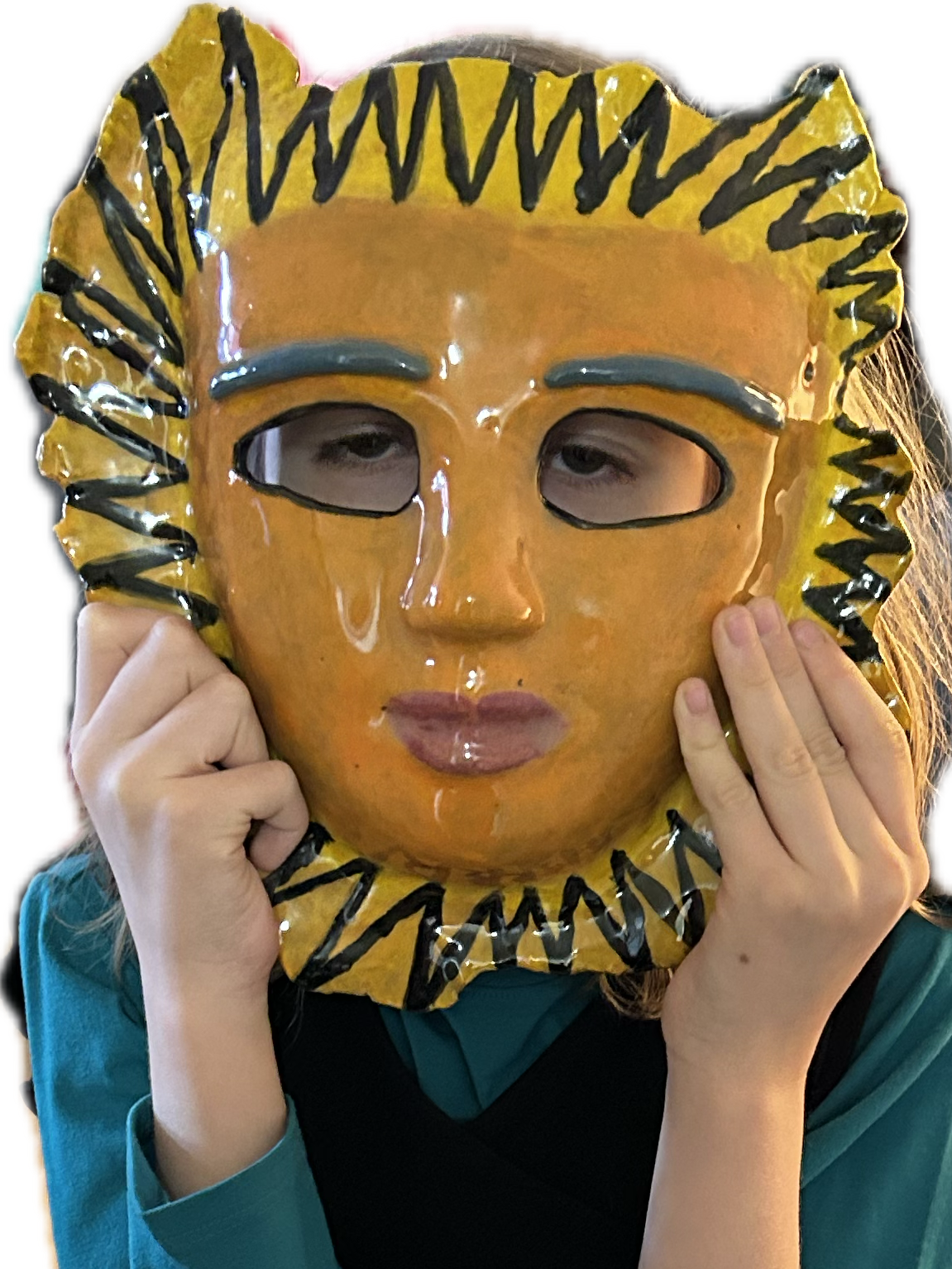
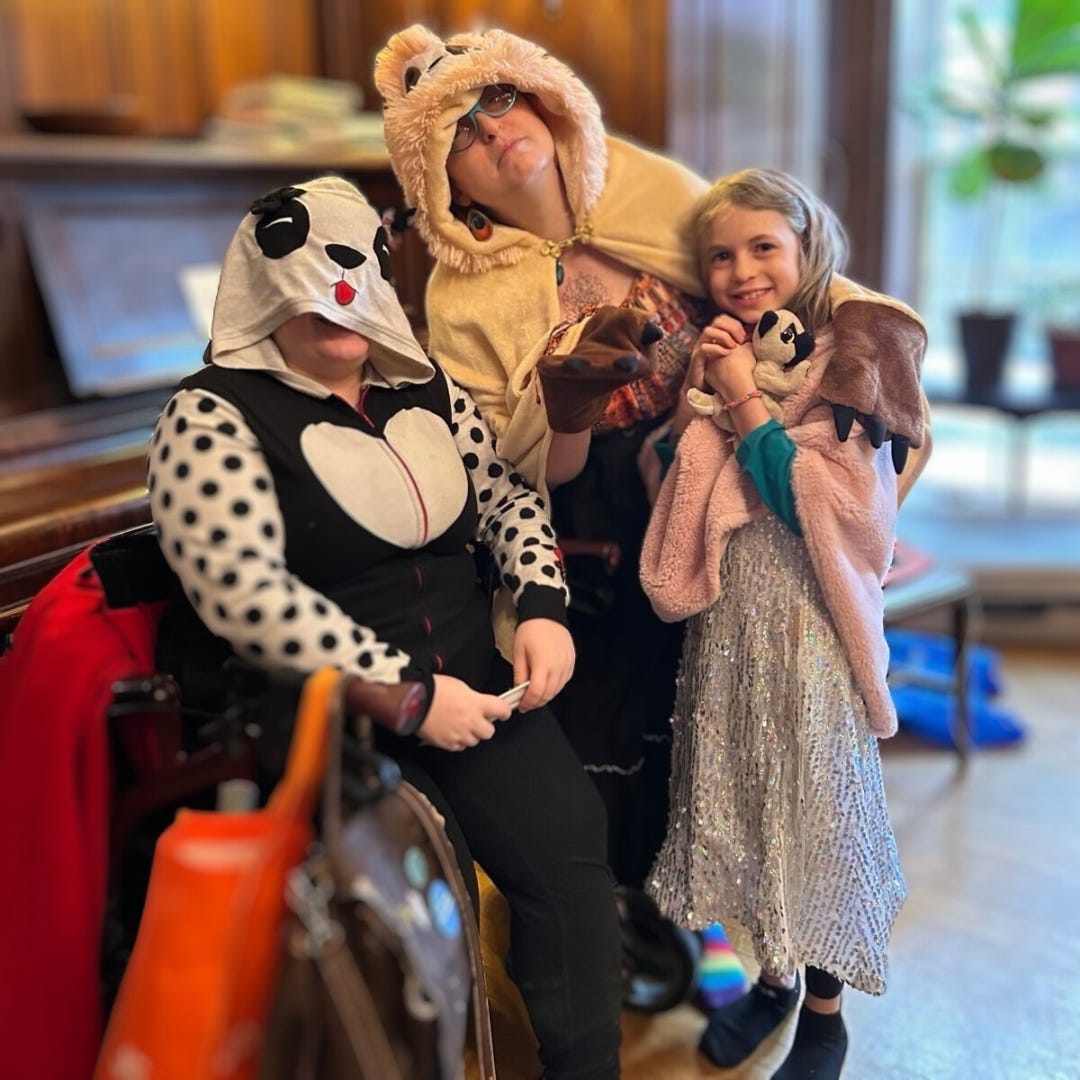
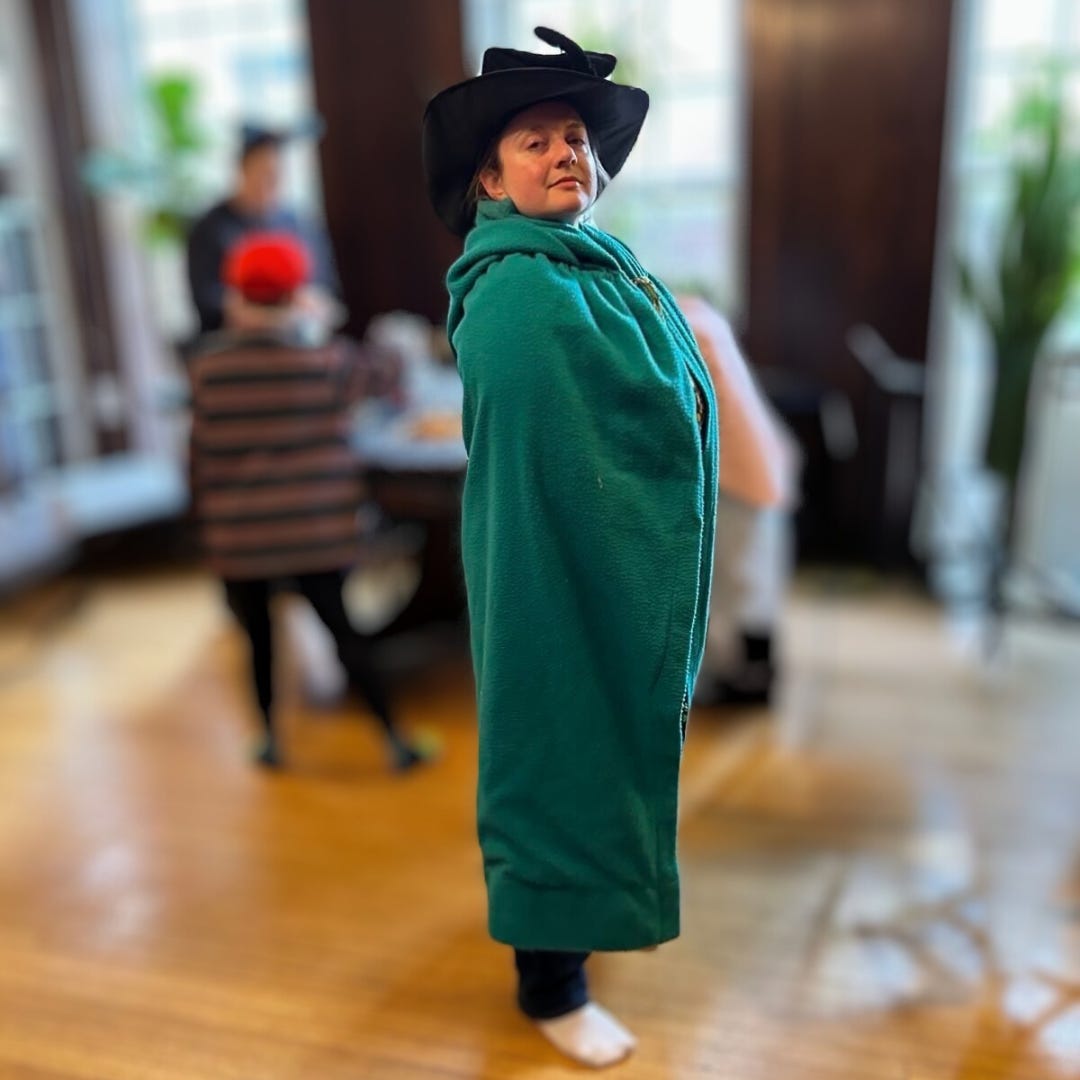
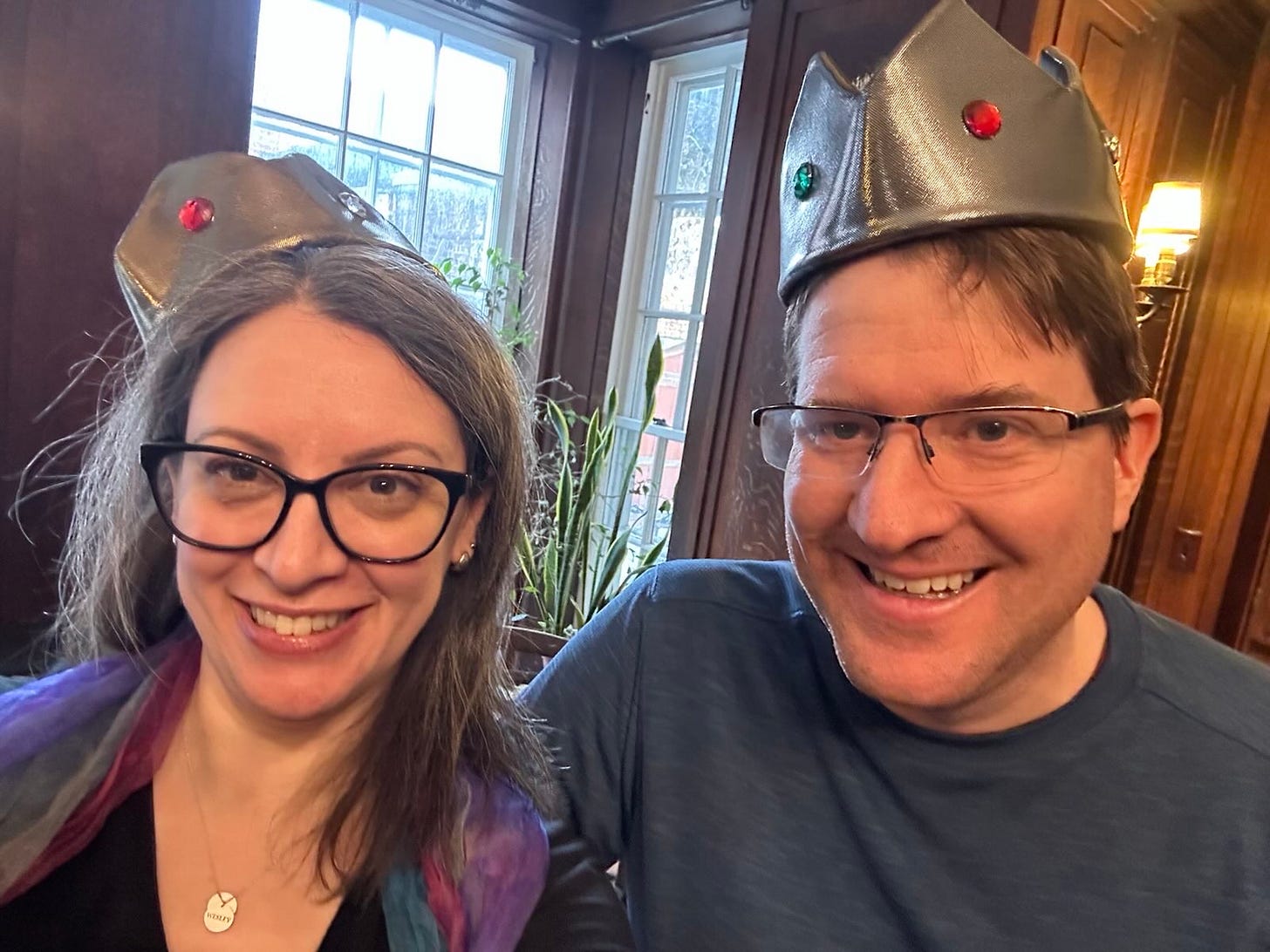
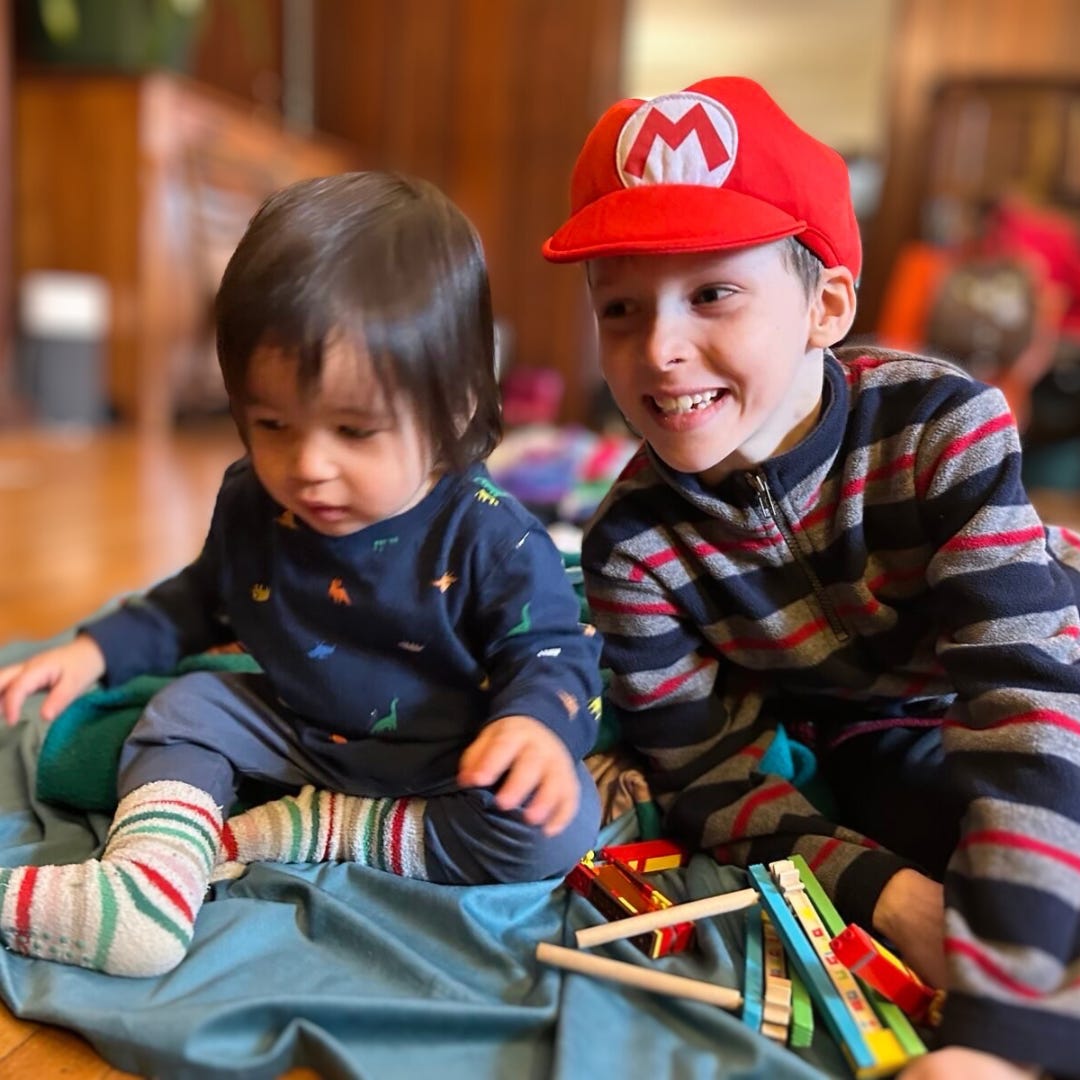
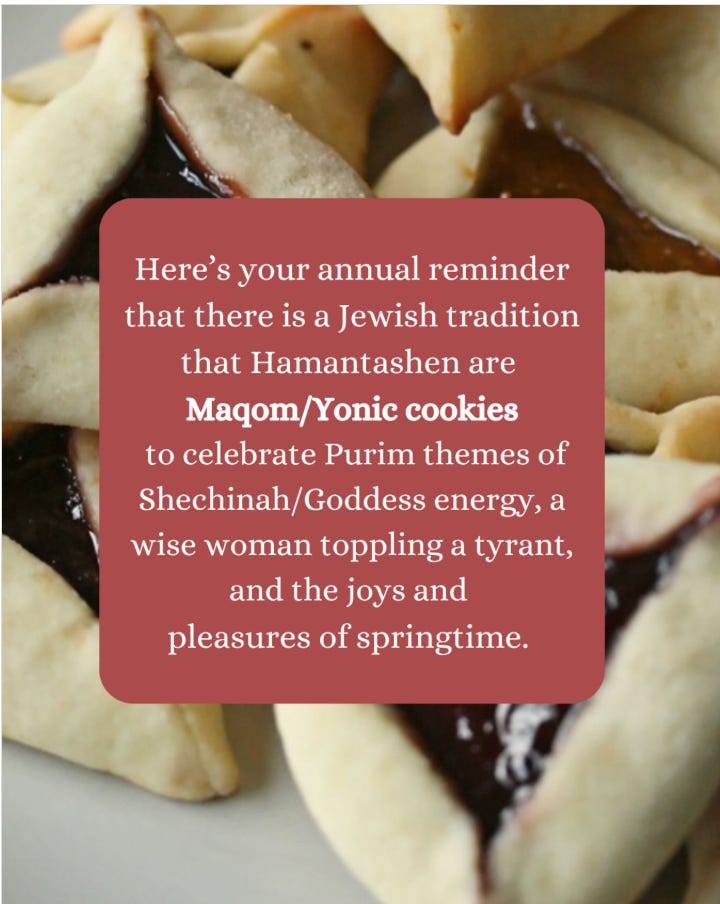
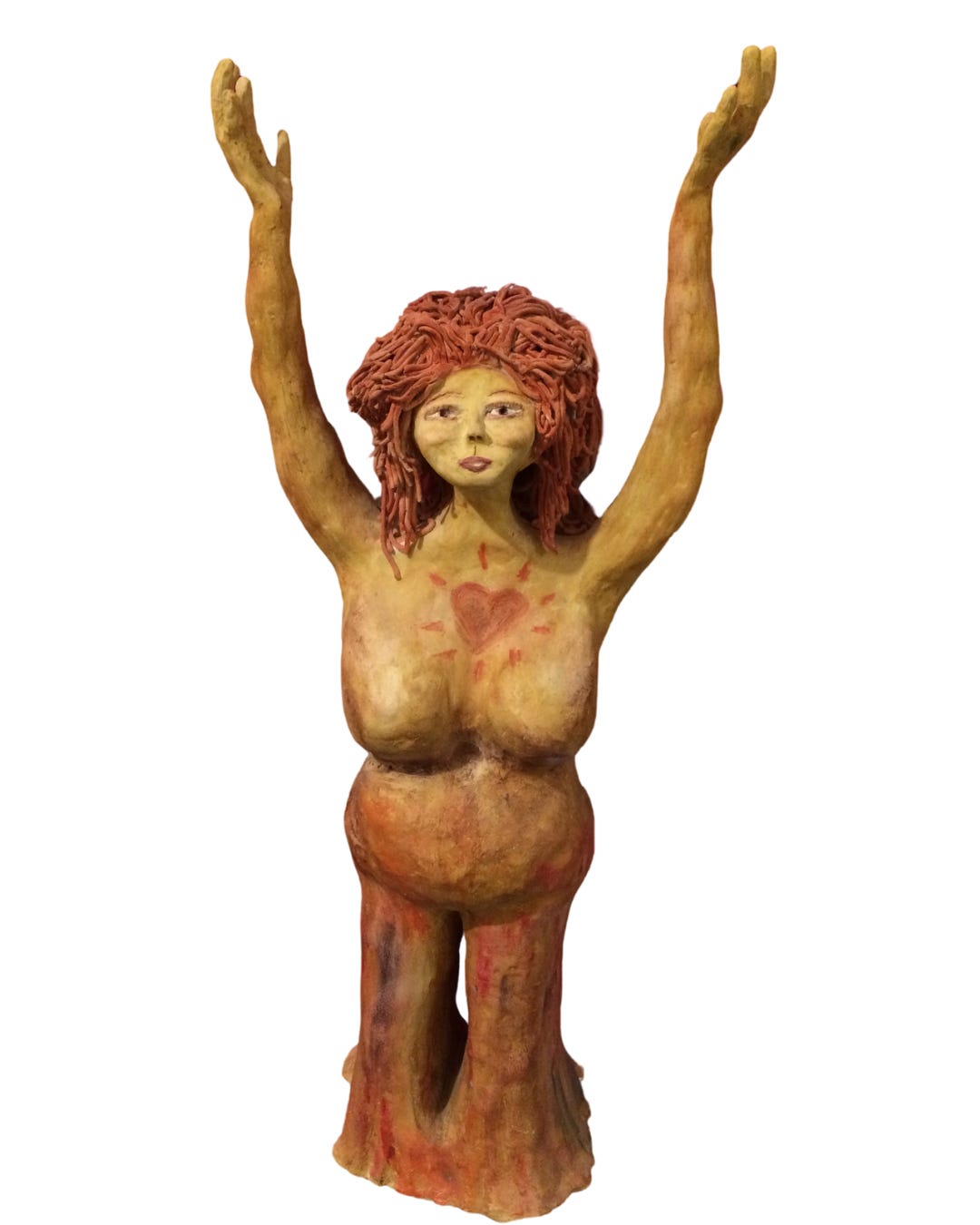
What a beautiful experience! I love how you wove all the different stories and themes into something so meaningful. ❤️🙏🏻